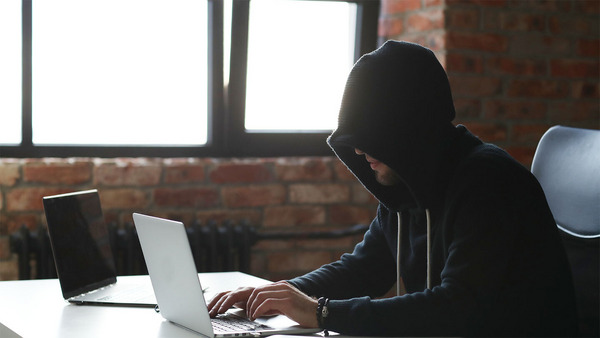
Netflix has yet again shocked the world with another spine-chilling docuseries showcasing the potential personal security dangers of our online world. Their latest docuseries focuses on revenge porn, identity theft, and hacking by exposing Hunter Moore, who we now know as “The Most Hated Man on the Internet”.
In 2010, Hunter Moore created the revenge porn website Is Anyone Up? which granted users access to post sexual and explicit images of people on the website without their permission, often accompanied by personal information such as their names and addresses. Moore also hired a hacker to break into the email accounts of victims and steal private photos to post. After many years of investigation by the FBI, Moore was arrested and pled guilty to the felony charges of aggravated identity theft and paying someone to hack others' emails. Moreover, the site was closed and sold to an anti-bullying group.
Read More:How to protect yourself against online dating site scams
The docuseries has sparked panic and posed questions all over the world: Are our social media accounts actually secure? How do we really secure them in order to ensure we’re fully protected so that hackers can’t access our personal information? We have gathered some tips from Richard Ellis, Technical Support Consultant at ESET, on how to secure your social media accounts and avoid the risk of being hacked.
How to secure your social accounts and avoid being hacked
Keep Your Software and Operating Systems Updated
When it comes to keeping your social accounts secure, one of the most important things you can do is keep your operating system, applications, and antivirus software on the latest version. Most of the time, this will be done automatically when you open your computer or phone but if not make sure you check for updates regularly.
Use Two-Factor Authentication
Another tip is to use two-factor authentication whenever possible. This means that when logging into an account using any form of login information like a password or username you will also be required to enter an additional code that is sent to your phone or email before logging in successfully. This extra layer of security helps prevent anyone from accessing your account without permission as they would need both pieces of information to gain access successfully.
Change Your Password Regularly
Change your password regularly—every few months is a good rule of thumb. And try not to use personal details like birthdays or the names of family members as passwords; hackers can guess those easily enough by looking through Facebook or Twitter posts that mention them!
Be Wary of Public Wi-Fi
Don't access personal or financial data on public Wi-Fi. If you're logging into your bank account, social media profile, or other sensitive information on public Wi-Fi, you're at risk of having your account stolen by hackers. Instead, use private Wi-Fi whenever possible.
Choose Your Apps Wisely
When creating accounts with vendors, be careful with what organisation you share your details with. Trust and reputation are important! If you don't recognise a company or their site, do some research before giving them access to your personal information.
Use Long and Complex Passwords
Your password should be at least 8 characters long and include a mixture of upper- and lower-case letters, numbers, and symbols. It's best if you don't use the same password for all your social media accounts. Use a password manager like 1Password or LastPass so that you only have one master password to remember—and make sure it's strong enough!
Be Sceptical About Links & Attachments
It's not always easy to determine if a link or attachment is safe or not, but here are some tips to help you out: if you're unsure what they are, don't click them. If you're not sure where they came from or how they got there, don't click them. Take note of file extensions, names, and URLs. If something seems fishy, it probably is. Be exceptionally wary of files with double extensions. For example: “name_image.gif.exe”. The only extension that matters is the last one!
Use Online Security Products
Use valued products to help protect your personal devices (mobile phones, laptops, and business environments). Our ESET experts recommend the following:
- For mobile phones: ESET Mobile Security for Android.
- For laptops (personal use): ESET Internet Security or ESET Smart Security Premium.
- For Business Environments: ESET Protect, a server-side central management system
If you're going to be using social media, we recommend that you take security seriously. While the events exposed in the docuseries took place in the 2010s, after which the public has become a lot savvier, it’s still worth taking precautions—seeing as we become savvier, hackers, unfortunately, become more sophisticated.